Related news articles

News
May 2025
Uta Paszkowski elected to the National Academy of Sciences
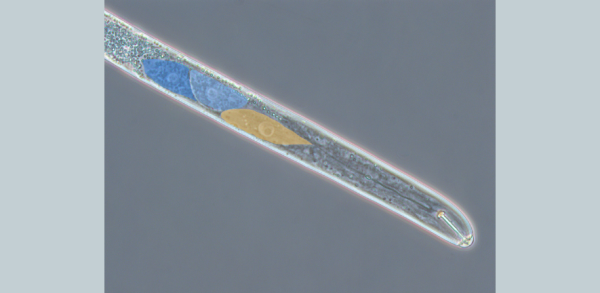
News
April 2025
Disrupting ‘communication’ with plants could limit cyst nematode infections

News
January 2025
Dr Victor Souza Coordinates Editorial on Plant-Parasitic Nematodes and Sustainable Crop Management

News
January 2025
Ahmed's Research visit to Somalia
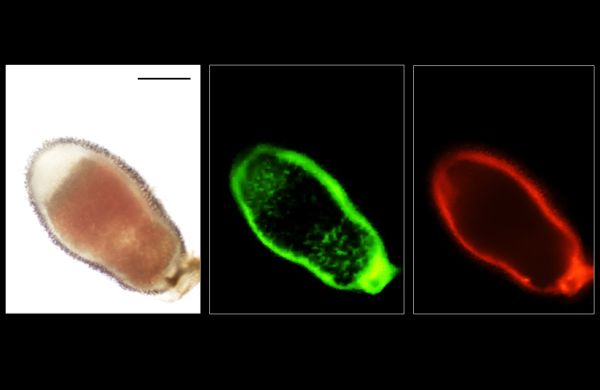
News
January 2025
Applying conventional and cell-type-specific CRISPR/Cas9 genome editing in legume plants
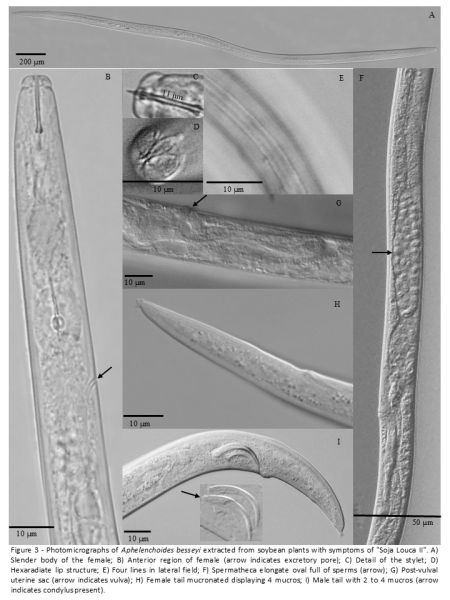
News
January 2025
Using fungus to protect key crops in Brazil
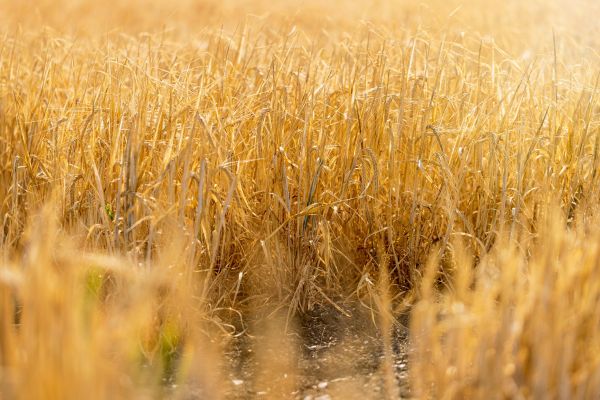
News
October 2024
Precision breeding: legislation, applications, and implications for the UK

News
October 2024
Tania Chancellor awarded prestigious fellowship in technology transfer

News
October 2024
Dr Min-Yao Jhu selected as Assistant Features Editor for The Plant Cell
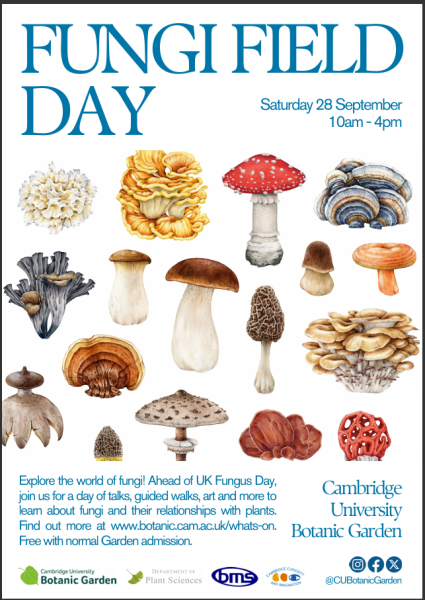
News
September 2024
CSC staff supporting 'Fungi Field Day' to promote public engagement with fungal science

News
September 2024
Sebastian Eves-van den Akker appointed Professor of Biotic Interactions
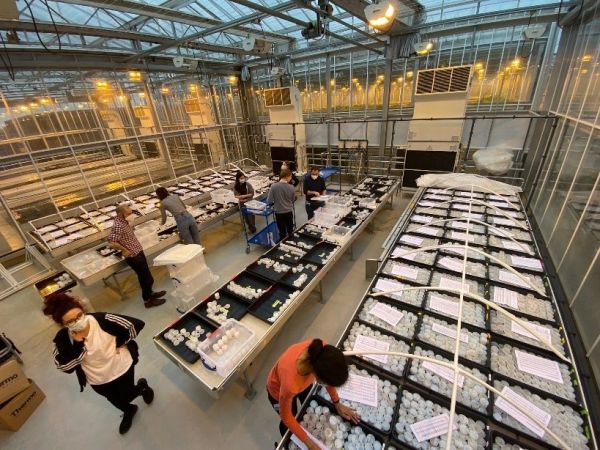
News
September 2024
Advancing global food security by harnessing AI and 3D printing to combat hidden crop killers
